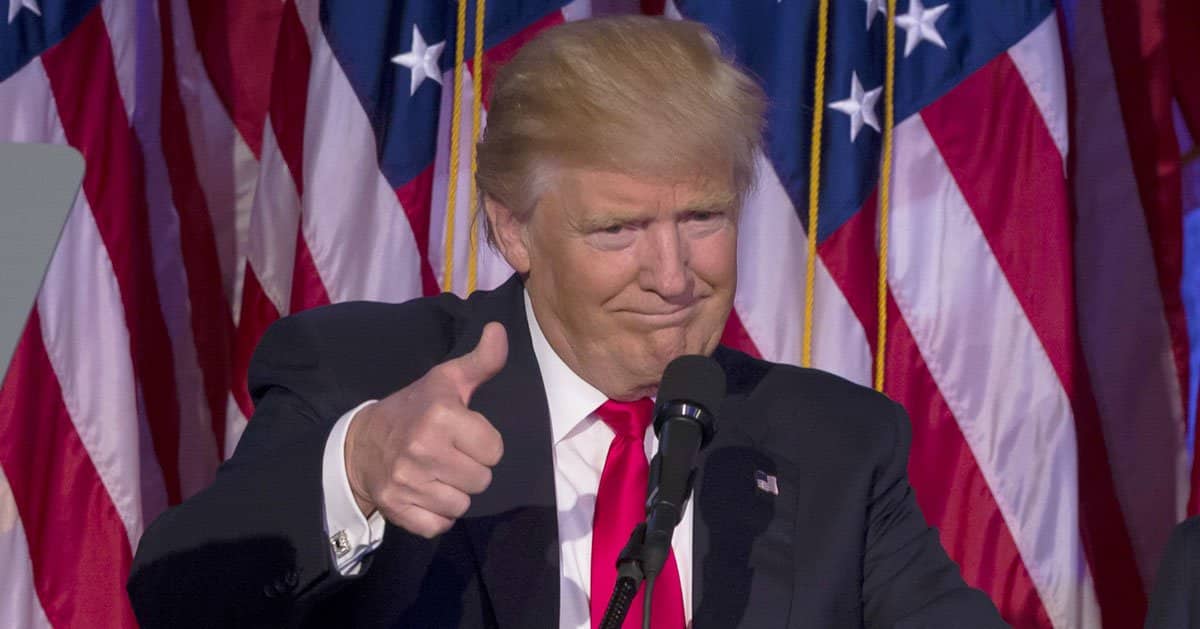








In a dramatic move that signals a shift in global health alignment, Argentina has announced its withdrawal from the World Health Organization (W.H.O.). Argentinian President Javier Milei's decision underscores growing tensions regarding pandemic responses and national independence.
Breitbart reported that the decision, which was unveiled on Wednesday, reflects Argentina's discontent with the W.H.O.'s handling of global health matters, particularly during the COVID-19 crisis.
At the forefront of this decision are the "profound differences in health management" cited by Presidential Spokesman Manuel Adorni.
Adorni emphasized that Argentina's exit from the W.H.O. was influenced by disagreements over the organization's pandemic strategies. Argentinian President Javier Milei has long been critical of international organizations that encroach on national decision-making.
This latest decision appears to be a continuation of that stance. According to a statement issued by Milei's office, the W.H.O.'s support for lockdowns during the COVID-19 pandemic was deemed unsuccessful and lacked substantial scientific grounding.
Much of Argentina's rationale for exiting echoes sentiments expressed during former U.S. President Donald Trump's term. Trump's administration had previously undertaken a similar action by signing an executive order to remove the United States from the W.H.O. The impact of Argentina's announcement could set a precedent for other nations contemplating a reevaluation of international affiliations.
Adorni reiterated the country's priority of safeguarding its autonomy in world affairs, particularly concerning health regulation.
"We cannot permit an external entity to influence our sovereignty," Adorni declared, reinforcing Argentina's determination to navigate its own path in health governance without foreign intervention.
The Associated Press remarked on potential repercussions, noting that another exit might further diminish cohesive efforts in combating global health challenges.
This move has ignited discussions among other nations about the sustainability of global health initiatives. If key players in international health policy, such as Argentina and the United States, retreat from such collaborative efforts, it may reshape the landscape of international health policy cooperation.
President Milei, a prominent figure in recent political discourse, has been vocal on various international forums. In January, he shared his thoughts against awakening ideologies at the World Economic Forum held in Switzerland.
Milei has actively championed for reduced international influence over national matters, aligning with organizational philosophies that emphasize sovereignty.
The symbolic weight of these actions underscores an era in which global alliances are increasingly reframed through nationalistic lenses. Milei's participation in political events within the U.S., such as Donald Trump's inauguration, reveals potential synergies between ideological movements in both nations.
Domestically, President Milei's policy decisions reflect a broader economic reform strategy. Among his notable actions has been the elimination of the 30% tax imposed on foreign currency transactions originating from credit purchases.
Besides, a sweeping reduction of 90% in taxation is on Milei's agenda, signaling his commitment to extensive economic deregulation in Argentina.
The President's approach intends to facilitate greater ease of business and consumer operations on an international scale. These measures spotlight his economic vision which prioritizes growth and reduced regulation for both individuals and enterprises.



